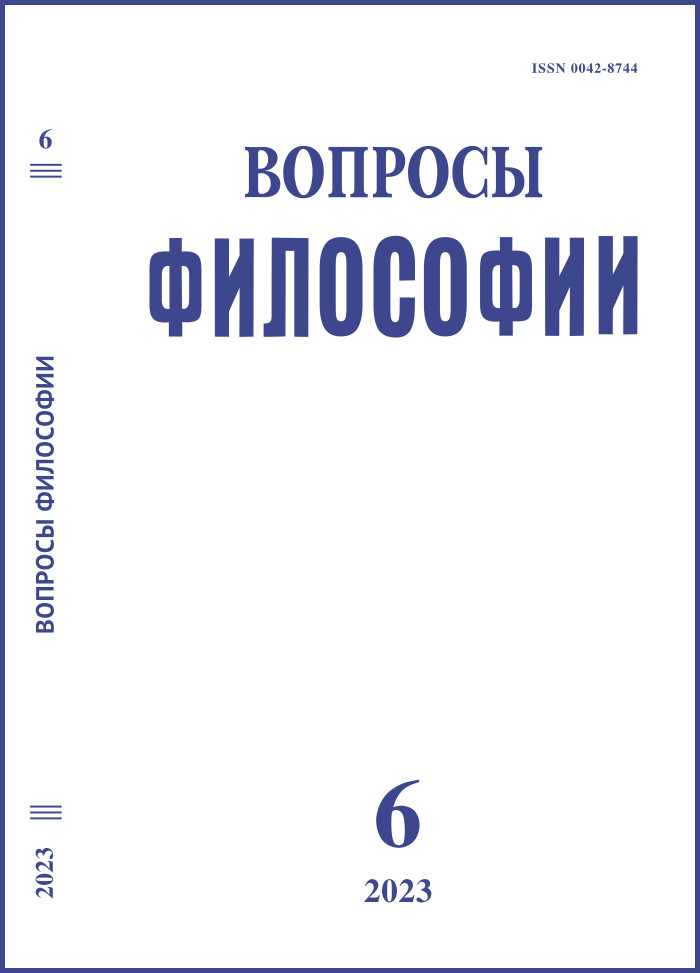Comparison of Six Days of the Creation in Masoretic Version and Onkelos Targum in the Historical and Philosophical Contexts
DOI:
https://doi.org/10.21146/0042-8744-2023-6-215-221Keywords:
Pentateuch, Tanakh, Aramaic, Biblical cosmology, creationism, Targums.Abstract
The article is dedicated to the first chapter of the Book of Genesis in the Targum Onkelos, the most important Jewish translation of the Pentateuch into Aramaic. The paper deals with terms related to the structure of space, time and eternity. In the Targum of Onkelos, the influence of Ptolemaic cosmology and geography, as well as the worldview of the era of the formation of the Mishna, are observed. The creator of the translation uses the term kadmin (originality, eternity), which allows us to interpret that Onkelos in a sense allows the existence of the world for an indefinitely long time in the past. In the theological aspect, the author of the Targum uses the Tetragrammaton, which is translated into Russian as the word “Lord”, instead of the Hebrew elohim (plural form). The author of the article interprets this unconditionally monotheistic term as a struggle against Gnosticism and Manichaeism, which was relevant in the 2nd century AD. The Aramaic term rekiya, which Onkelos translates into Hebrew rakia, means not so much “firmament” as extension, and this article discusses its possible translation as “space”. If a number of concepts “signs”, “holidays”, “days” and “years” are used in the Hebrew Torah as synonymous, then in the Aramaic text “signs” and “times” are separately distinguished, and it is separately indicated that the luminaries are needed to count days and years. This shows the influence of Late Antique astrology, popular among the Jews too. The author of this Targum not only created an interpretation of the biblical text, but also created his own aspects of Jewish cosmology, which were used by Jewish interpreters to build their medieval cosmology.

